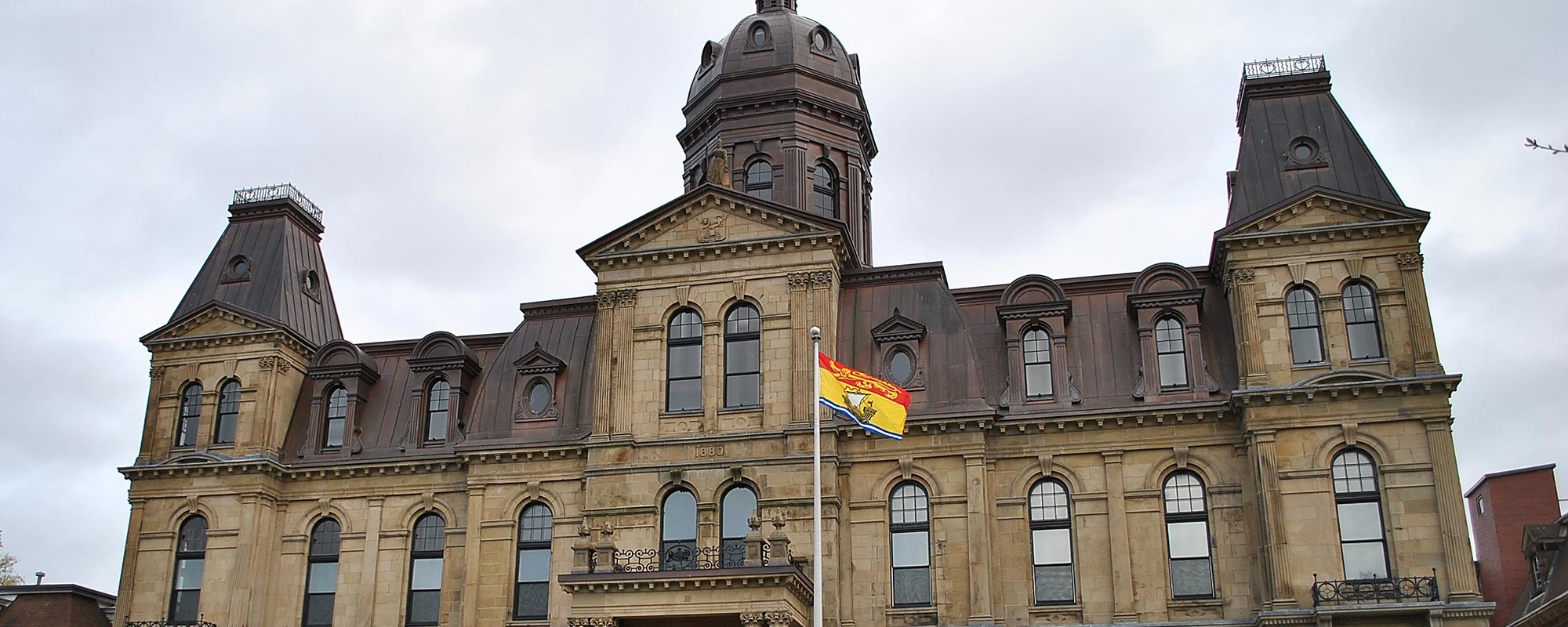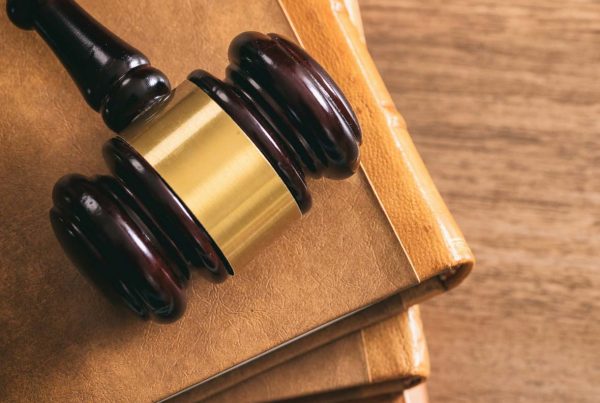Honourable Blaine Higgs
Premier of New Brunswick
Centennial Building
P.O. Box 6000
Fredericton, NB E3B 5H1
Premier@gnb.ca
Honourable Hugh J. Flemming, Q.C.
Minister of Justice and Public Safety
Government of New Brunswick
Chancery Place, Floor 2
P.O. Box 6000
Fredericton, NB E3B 5H1
Hugh.Flemming@gnb.ca
RE: Provincial Travel Restrictions
Dear Premier Higgs and Minister Flemming,
I am writing on behalf of the Canadian Civil Liberties Association (CCLA) regarding New Brunswick’s ongoing travel restrictions. In our view, the current rules unreasonably restrict mobility rights guaranteed to Canadians by the Constitution. Your government has not, and likely cannot, demonstrate that these measures are legally justified. They should be rescinded.
The current provincial travel restrictions preclude any Canadian from entering the province except for residents of New Brunswick and essential workers, with some limited and narrow exceptions. This is a significant change from rules that were previously in place. Those rules required that people entering the province register and self-isolate, but they did not generally bar large categories of Canadians from the province.
We appreciate that these measures are intended to protect public health and put the safety of New Brunswick residents first. But these restrictions also have very significant implications for those in and outside the province. CCLA has been hearing from individuals who seek to enter the province for compelling reasons and who are willing to take precautionary steps recommended by public health. In one instance, a woman with an ailing elderly parent in New Brunswick needs to make serious decisions about his future care. She holds a legal power of attorney and needs to see him – in person – in order to make informed choices about the care he will need going forward. She has already received one vaccine dose and is prepared to submit to testing and isolation requirements upon entering the province. What public health goal is possibly furthered by denying her, or others like her, entry?
In another instance, a seasonal resident who has been in the province for months has had to choose between remaining in the province and foregoing or significantly delaying vaccination, or leaving to be vaccinated in his home province and being indefinitely denied re-entry. He is prepared to self-isolate and owns a residence in a sparsely populated area in which to do so. How can a total prohibition on his entry be justified?
We also note – with some irony – that the province has teamed up with several economic development agencies to engage in a public campaign encouraging Canadians to move to New Brunswick (www.liveforthemomentnb.ca). The website tells visitors “Now that you can work from anywhere… your best life is right here in New Brunswick.” Individuals who are planning to take up residence in the province are permitted entry under the current travel restrictions – although they presumably have to decide to make a move without visiting the province first to make any arrangements. If testing and/or self-isolation is a sufficient risk mitigation strategy for these individuals, why is it insufficient for others?
The pandemic has certainly presented governments across the country with serious and unprecedented challenges. But unlawful and unconstitutional actions cannot and should not be sustained, lest they become the precedents that governments increasingly seek to rely upon. The province has had over a year to consider how to best safeguard the health and safety of residents without imposing arbitrary and unreasonable restrictions on individual rights. Self-isolation can be paired with testing requirements to mitigate risk. Completely excluding Canadians from the province is neither necessary nor proportionate.
We believe the measures you have implemented are unconstitutional and that your decisions to exclude certain Canadians from the province would be found unreasonable by a court. We strongly urge you to reverse them.
We await your prompt reply.
Sincerely,
Cara Faith Zwibel
Director, Fundamental Freedoms Program
About the Canadian Civil Liberties Association
The CCLA is an independent, non-profit organization with supporters from across the country. Founded in 1964, the CCLA is a national human rights organization committed to defending the rights, dignity, safety, and freedoms of all people in Canada.
For the Media
For further comments, please contact us at media@ccla.org.





